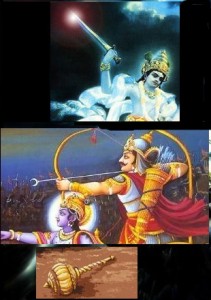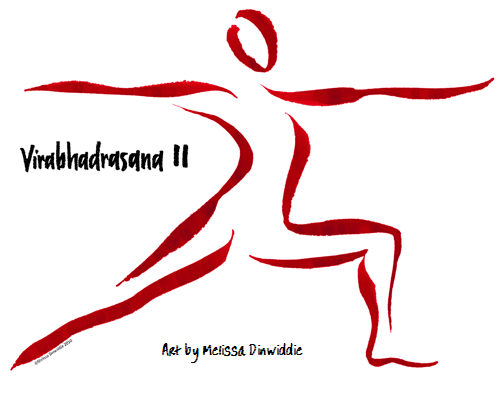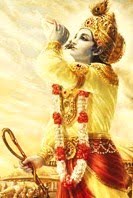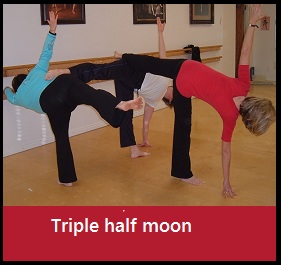A warrior was born for protecting and serving. The requisite was not only to fight against evil and injustice of all kinds, but also to protect everyone’s honor both in battle and at all other times. Each warrior was trained in all necessary weapons of war, but each had his favorite weapon in which he was most skilled. In stories about the warriors of ancient India, three weapons, in particular, were used: the sword, bow and arrow, and the mace.
Each of these weapons had its unique method and final impact. The sword was quick, precise and sharp, but to fight with it, the warrior had to be in close combat with his enemy.
An archer’s arrows could be launched from very long distances, and many arrows launched at the same time created an impressive defensive shield. In the ancient Indian stories, it is said that the famous archer Arjun was so skilled that he could shoot arrows toward heaven and bring down rain, wind, or fire as a defense against his enemy.
The mace was a large heavy club that broke, crushed, and pulverized anything it hit. Like the sword, it was used in close combat. Wielding the mace took much less finesse from the warrior but much more brute strength than for the sword or bow and arrow.
It’s an interesting paradox for the ordinary yogi to relate to warrior poses and weapons and still bring harmony, peace and less conflict into the world. To understand this more fully, let’s explore different definitions for weapons and battlefield.
If we accept the premise that we are warriors (game players) in this mortal existence, then our current lives and circumstances are the battlefields – the fields of action. Therefore, the battles we are undertaking do not necessarily involve fighting, but rather, they require action. The warrior is a person who acts, who is alive, who is expressing himself or herself in the world throughout the mortal life.
The battlefield consists of the actions we take each day upon waking. The weapons are whatever passions, talents and skills we bring to our life. Take a moment and think of three things you love to do. These are activities that you see yourself doing for the rest of your life because they bring you joy and meaning. These are your chosen weapons in the field of battle.
One student told me her passion is cooking. So her battlefield is the kitchen, the market or the garden. Her weapon is the skill of bringing together various ingredients and creating a masterful meal, or a fugal meal. She also told me that at times it felt like she had to fight hard to keep her place and time in the kitchen and not allow it to be put aside for other emergencies. Cooking for her was creative, fulfilling and meaningful aside from just providing a meal. This is a wonderful example of loving and skillfully using a weapon of war.
Another yoga student is a master gardener. Her weapon is her passion and skill with planting and growing things. Her battlefield is her own home and backyard.
The warrior’s calling is to use his or her weapons to serve Truth with as much heart, enthusiasm, and passion as possible. So consider that every person, every one of us, is a warrior and every warrior is here to choose either to serve Turth or the enemy on the battlefield.
When used in the service of Truth, our weapons become divine weapons. What does that mean? Truth is known by other names: Light, Wisdom, God. A warrior who battles for land, fame, glory or any other selfish purpose, is destined to lose the war eventually. Ultimate victory in any war is the result of the right intention and purpose, not for self, but for God.
In your yoga practice view the warrior poses with this added perspective of powerful weaponry. It’s a new way to look at the simple, and seemingly mundane actions we do each day. It’s a more meaningful way to enjoy our passions, and our talents. I hear the war conch blowing. Grab your weapons. Let’s go fight the good fight.






